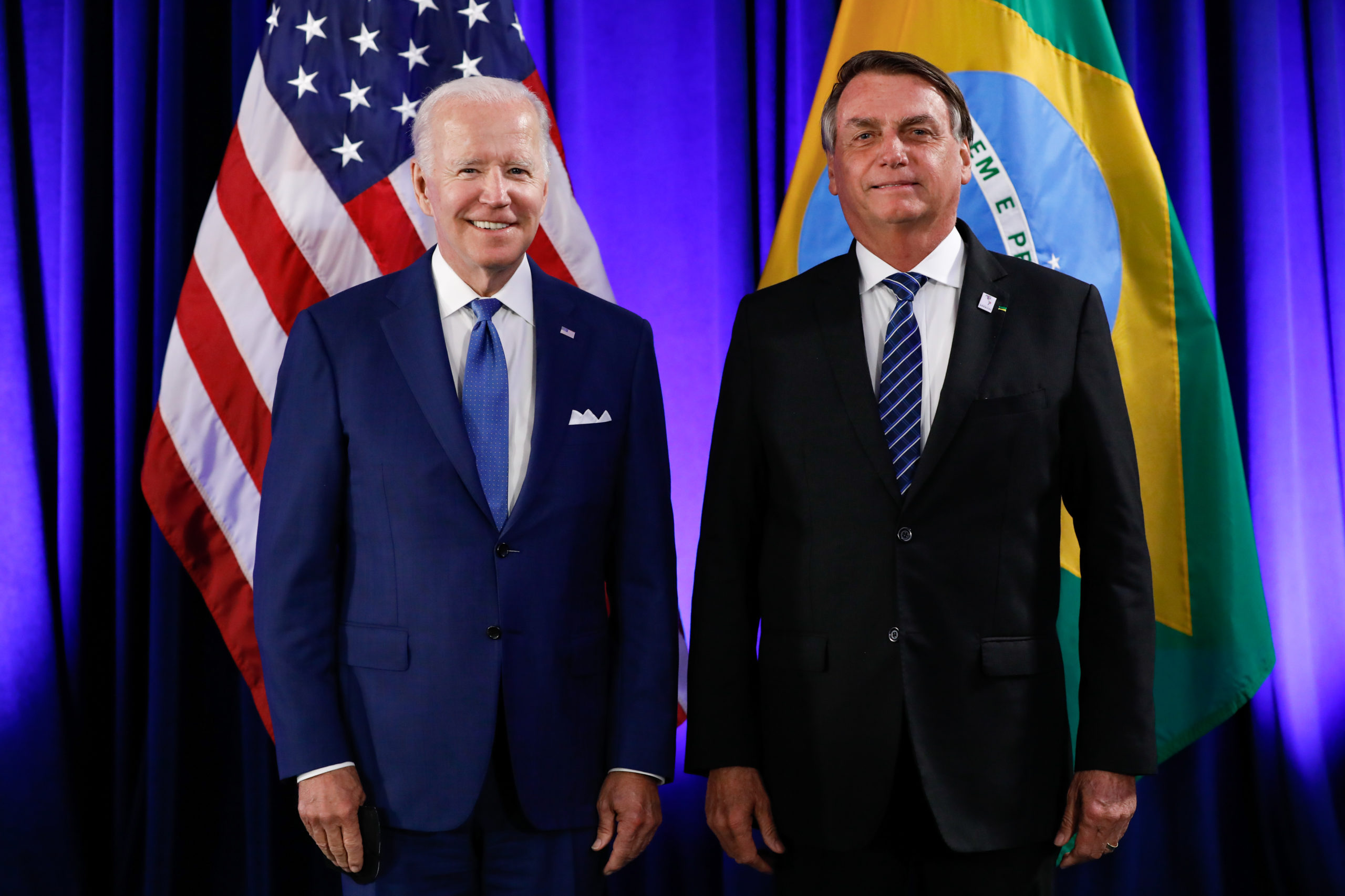The electoral debate is an opportunity to reevaluate the level of competitiveness the country finds itself in and draw up new strategies. A central theme in the October elections, the economy should be the target of a series of studies and analyses by industrial entities.
With accumulated inflation at 8% and economic growth stagnating at an annual rate of 1%, the industrial sector’s contributions will start to be delivered to the pre-candidates for inclusion in the governmental plans.
According to a report produced by the National Confederation of Industry (CNI), by 2020, Brazilian competitiveness has grown, but not enough to move ahead of other powers. Among 18 economies evaluated by the entity, Brazil is in 17th place.

Among the main difficulties to leverage are taxation, high rates of financing, and a hostile environment for investments. To reduce some of these obstacles, the chamber of commerce AmCham Brasil, which integrates Brazilian and international companies in an environment of business promotion, has developed an agenda of proposals highlighting paths of opportunities little explored in Brazil.
With five pillars that focus on improving bureaucratic issues and expanding competitive sectors, the Brazil-USA Trade Monitor, produced by AmCham Brasil, registered an increase of 43.2% compared to the first half of last year in the commercial exchange between the two countries.
Only in the first quarter of this year, the accumulated amount was US$42.7 billion. Therefore, in the entity’s view, one main path is strengthening the relationship with the United States.
The data collected in the document show that in the importation of goods, the exchange was around US$39.4 billion, and services were around US$10.2 billion.
“Bilaterally, the two countries are important economic partners, with significant, diversified, and qualified trade and investment flows. The strong presence of American companies in Brazil and Brazilian companies in the United States is a valuable source of mutual wealth creation and jobs,” they evaluated.
The first suggestion for expanding business between the two countries is to highlight a strategic environmental plan in which Brazil cooperates, especially by strengthening the dialogue between the Brazilian Executive and the US Congress, with public and private investments in sustainable projects.
In addition, the study proposes bilateral scientific cooperation through the exchange of universities.
A closer relationship, according to Amcham, could promote the country in other vital business fields, such as trade, investment, energy, infrastructure, agriculture, and defense.
“The strengthening of mechanisms for dialogues between Brazil and the United States in strategic areas would contribute to the structured advancement of joint discussions and the achievement of concrete results,” it points out.
PATENTS
Another point observed by AmCham is that Brazil must pay more attention to the intellectual property system.
The intention is that, with the strengthening of the discussion, the country be removed from the 301 Watch List, whose material serves as a basis for the USA to evaluate the degree of protection for intellectual property rights.
The consequence of participating in this list is that Brazilian products and services suffer retaliation from the power, which interferes with competitiveness.
In Brazil, according to the National Institute of Industrial Property (INPI), the average time for the analysis of a patent is eight to 10 years, when it should be two to three.
During the pandemic, Congress members focused on discussing the issue because of the health emergency and the speed of developing vaccines.
At the time, the National Congress approved the bill PL 12/2021, which changed the Industrial Property Law and the compulsory patent licensing in national emergency cases.
Despite the changes in intellectual property, the new rules were at odds with standards adopted globally and delimited by international treaties.
The action, if maintained, would provoke an environment of insecurity for attracting investment in innovation in the country. For the INPI, the withholding of funds for the institution delays the analysis of patents submitted to the agency.
“The delay in the analysis of patents occurs, in its majority, due to a shortage of human resources at the INPI. There are 312 employees responsible for analyzing the patent applications that reach the agency, and there is an average of 459 pending requests for each employee. The maximum expected capacity of INPI’s employees is 810 researchers in the area, but 388 are vacant,” they explain.
University of Campinas (Unicamp) economics professor Antônio Márcio Buainaian explains that to reach a level of improvement on the intellectual property issue, the view on the monopoly of a patent must differentiate the concepts between economic and legal monopoly.
“The patent is a right; it is a legal monopoly because you are the only one who can exploit an object for 20 years. There is a difference between legal and economic monopolies because first, you must transform this invention to reach a market. Even if it is unique, it is not exclusive because there are many other similar products with which you will compete. So, this association between economic patent is mistaken and delays innovation in the country,” he concluded.
With information from Correio Braziliense

